In anticipation of the 5-phase elections for the Lok Sabha, Home Minister Amit Shah indicated withdrawing troops and the AFSPA and it triggered a debate in Jammu and Kashmir, reports Faiqa Masoodi
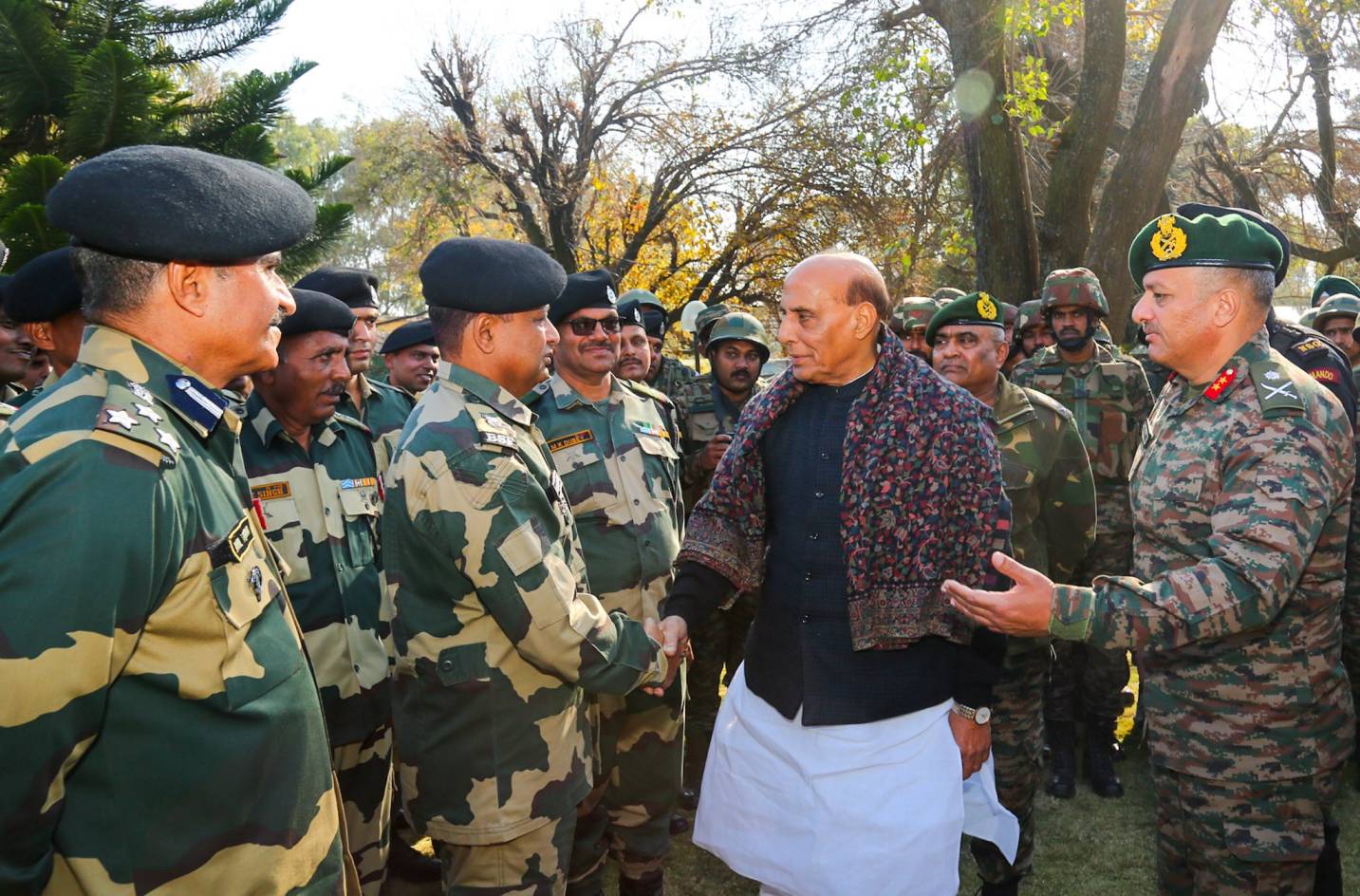
Certain issues routinely crop up, every time there is an election in Jammu and Kashmir. For the last many decades, AFSPA has remained a key election talk. Now, when Jammu and Kashmir is expected to have a first-ever election after 2019, a period it is ruled remotely by the Government of India, AFSPA is back in debate. Interestingly, however, the debate was triggered by the Home Minister.
“We have plans to pull back troops and leave law and order to the Jammu and Kashmir Police alone,” Home Minister Amit Shah told a TV channel. “We are strengthening the police, who are at the forefront during the encounter… We will definitely consider this proposal (revoke the Armed Forces (Special Powers) Act. The situation is being normalized.”
In a long interview, Shah talked about many things. He said the highest number of fake operations by armed forces have taken place when JKNC and JKPDP ruled Jammu and Kashmir.
Quick Reaction
The issue being sensitive and the political class being out on campaigning, the Home Minister’s statement triggered a quick reaction.
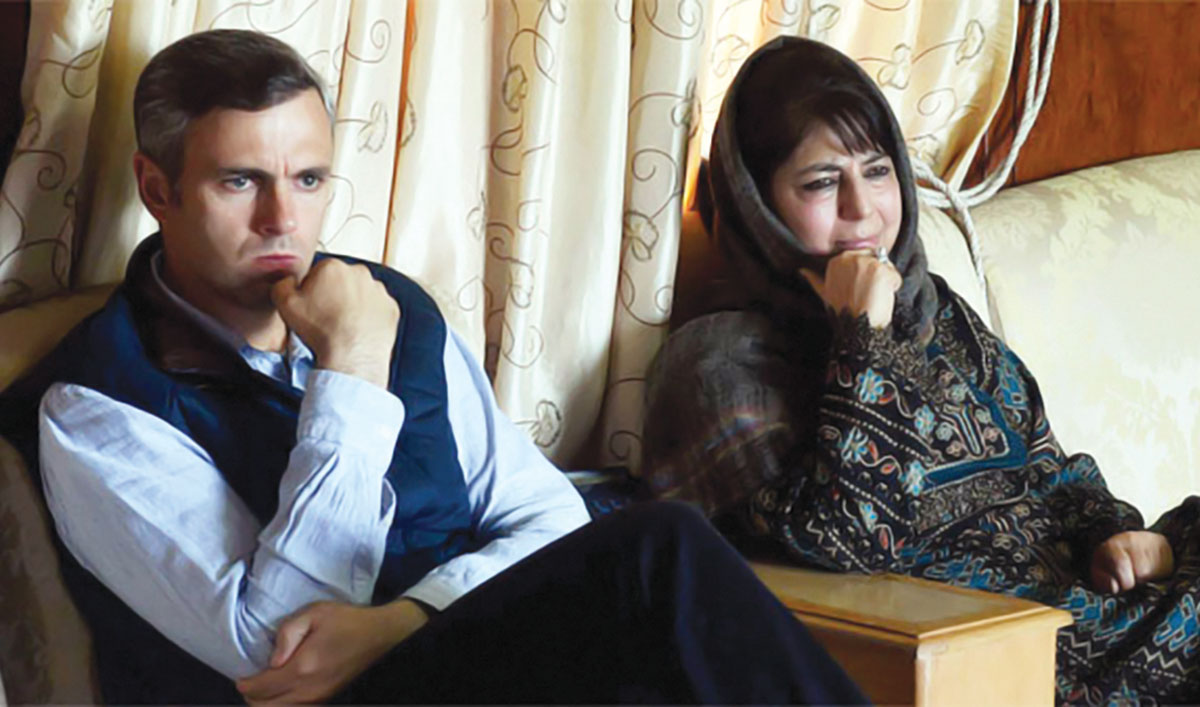
“When the government claims that the situation is entirely normal, that there is no separatist sentiment, and that Kashmir has never been as tranquil as it is today, then why delay? They should have removed AFSPA earlier,” JKNC leader Omar Abdullah, who was in a public meeting Budgam, said. “For the past decade, the BJP has been in power. Since 2011, I have been waiting for a day when AFSPA will be removed. We have relentlessly campaigned for its repeal and made concerted efforts at every level.”
Omar spoke on the issue in Sopore. “The Home Minister remembers AFSPA now. I fought for it (revocation of AFSPA) since 2011 when I was the Chief Minister. Where did its opposition come from? It was Gen V K Singh, who was his Ministerial colleague and chief of Army staff when I was the Chief Minister,” Omar told the fathering in Sopore, a town that has witnessed the worst because of the AFSPA. “Shah sahab, ask him (Singh) why did he stop the process to revoke AFSPA. Why did he sabotage it then? Why did he say that the Army will not accept it? Today, you are befooling the people that you will revoke AFSPA.”
Concluding his reaction, Omar added: “We will see about the AFSPA later, but at least ease the movement of people on the highway and we will be grateful to you for that. As for now, stop the Army men from stopping our vehicles, and harassing us on the highway when convoys pass through. Then we will accept that you can revoke AFSPA.”
“Many of our youth are in jails outside the State. Release them first,” Omar suggested. “They (government) have started a new process now of forcing the children and grandchildren of separatists to publish advertisements in newspapers. You are repeating the era of which we have faced the brunt when our and Congress workers were forced to quit politics by announcing in newspapers.”
“Better late than never but only if it isn’t jumlebaazi like generating two crore jobs every year or empty promises of depositing Rs 15 lakh into bank accounts. One can only hope that they fulfil their commitment at least in this case since it would bring a huge relief to the people of J&K,” Mehbooba Mufti said in response to the Home Minister’s statement. “To walk the talk, the MHA can perhaps start by releasing journalists and thousands of young Kashmiri boys currently languishing in jails without any charges or prosecution.”
Mehbooba said the revocation of the AFSPA was her party’s consistent demand along with the gradual removal of the armed forces. “It also formulated an important part of our Agenda of Alliance, wholeheartedly agreed upon by the BJP.”
Friendly Responses
“The removal of AFSPA will be an excellent step. The people of Kashmir will welcome it. Let us take Home Minister Amit Shah for his word and let us hope he honours his word,” Sajad Lone, the president of the Peoples Conference, write on X. “And to those Kashmiri leaders who ruled J and K and their national partners who brought in AFSPA and never took it back – can u please have the decency of shutting up.”
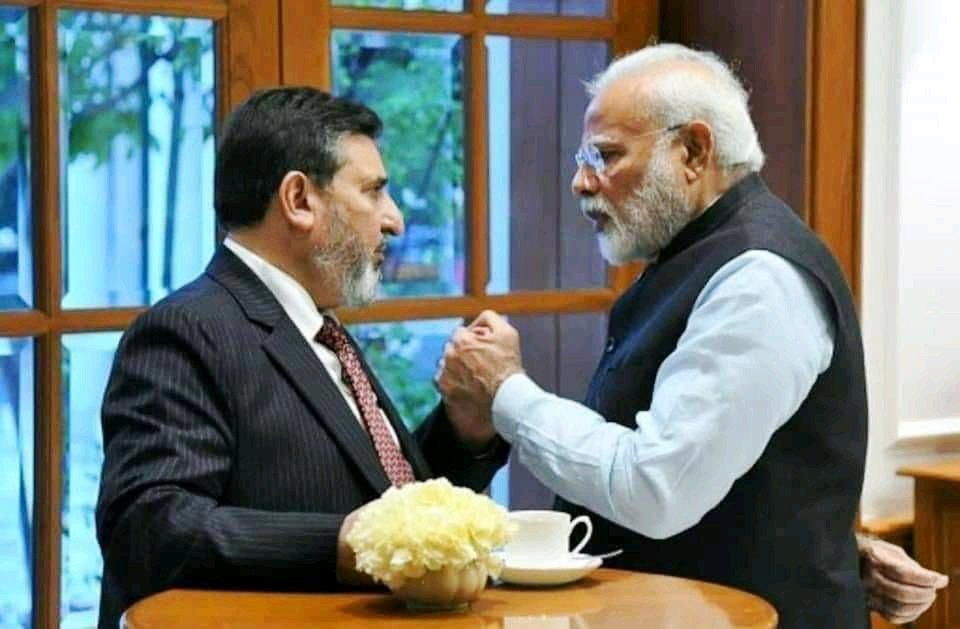
Home Minister’s statement was the dividend for peace maintained by the people of Jammu and Kashmir, Altaf Bukhari, the head of the Jammu and Kashmir Apni Party said, insisting the Jammu and Kashmir Police are being strengthened to handle the law and order situation on its own. “We hope that the statement of the Union Home Minister on AFSPA revocation and withdrawal of troops will be implemented. We appreciate the step.”
Those welcoming the initiative included Jammu and Kashmir’s former director general of police SP Vaid. “The home minister’s announcement of the government considering withdrawal of AFSPA in phases from Jammu and Kashmir is a move welcomed by everyone,” Vaid said. “This will go down extremely positively among the people. Let the dividends of peace reach the last man, keeping in view the tremendous improvement in the security situation never seen before.”
Vaid said the situation has improved and to the level that there are neither hartals nor stone pelting. “Similarly, there is no terrorist movement, infiltration is down, terror incidents are down and the killings of civilians and security personnel have also reduced,” he said.
Those hailing the AFSPA statement included Kashmir’s long-time governor, NN Vohra. “The state police must be made to discharge its primary duty of maintaining public order and free the military to return to its essential duties,” Vohra said in an interview.
“What Home Minister Amit Shah has said, it basically means that the situation in Jammu Kashmir has improved and that AFSPA could be revoked. The fact is the law and order has improved in the UT and what is required is the revival of the political and democratic process,” former RAW Chief and a Kashmir expert, AS Dulat told a reporter. “The removal of AFSPA will be an excellent step and I hope that it happens soon.” As Chief Minister, Omar, according to Dulat, was in talks with Chidambaram, the then Home Minister, who was on board. “But the fact is that this decision is to be taken by the Defence Minister. AK Antony was the defence minister then, and he was against it.”
AFSPA in Retrospect
The Armed Forces Special Powers Act (AFSPA) was implemented in Jammu and Kashmir on September 10, 1990, following a notification issued by the GC Saxena-led administration in Jammu and Kashmir. It declared Kashmir Valley and the areas falling within 20 Km radius of LoC in the Rajouri and Poonch districts of the Jammu region as disturbed areas under Section 3 of the law.
Subsequently, on August 10, 2001, the erstwhile state government led by Dr Farooq Abdullah extended the provision of a disturbed area to the Jammu province. It was in its follow-up that the BJP spearheaded an agitation that led to the implementation of AFSPA across the entire state except Ladakh.
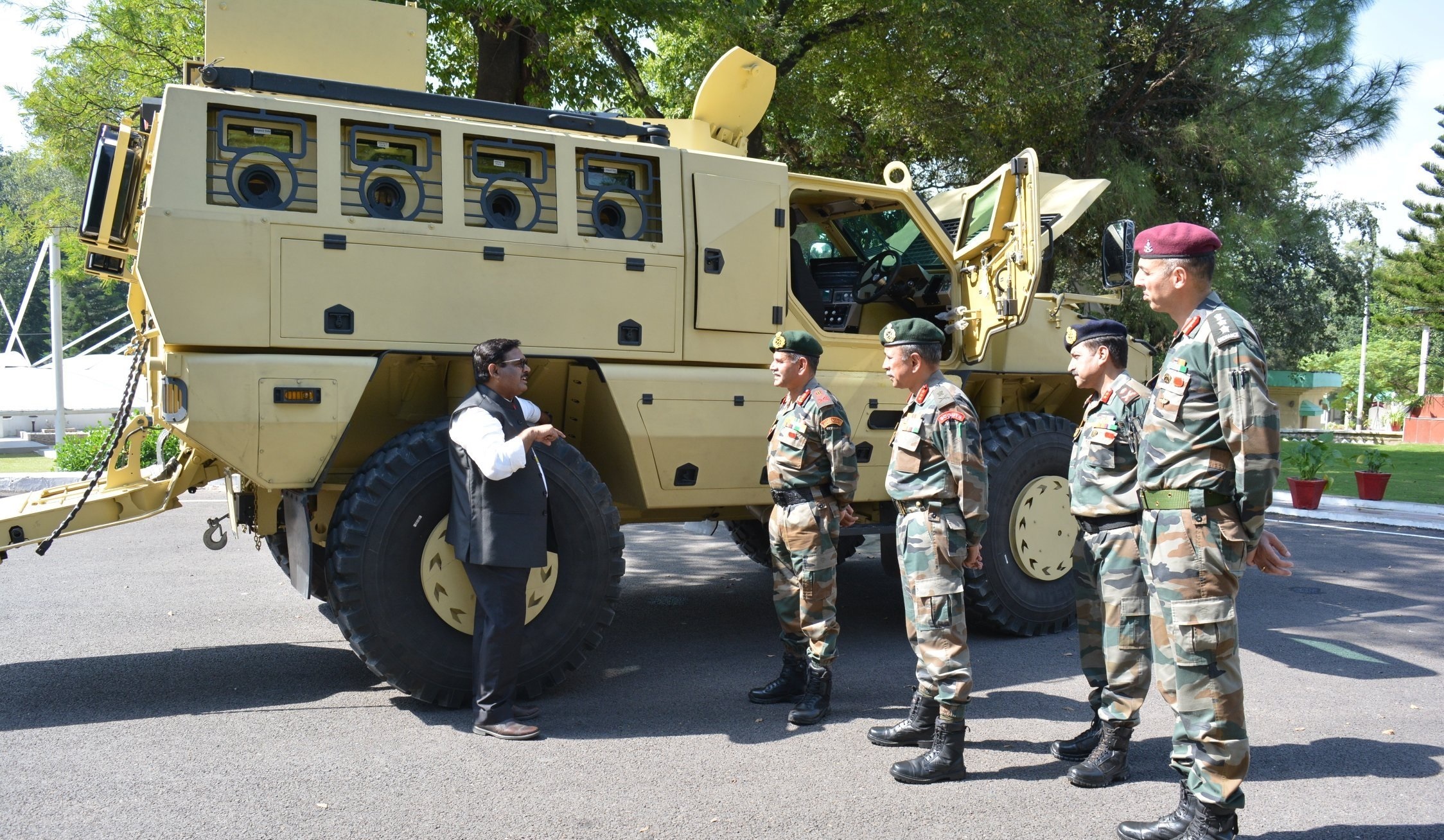
Normally, the AFSPA comes into effect once a specified area is declared disturbed under the act. The AFSPA gives the armed forces personnel deployed in disturbed areas sweeping powers to search, arrest, to open fire if they deem it necessary to maintain peace, and to even dismantle constructions. It gives the armed forces sort of an immune from the law and Jammu and Kashmir has witnessed countless instances in which the AFSPA was invoked by the armed forces to evade punishments.
AFSPA, however, does not apply to the Ladakh region of Jammu and Kashmir as Ladakh has never been notified as disturbed under the law.
In the last three decades, several initiatives have been to undo the AFSPA. Several committees were constituted and reports were submitted. At one point in time, it was almost decided that the AFSPA would be withdrawn gradually in peaceful areas. Eventually, however, the status quo was retained. The key factor behind that was opposition from the armed forces. The then Northern Command Chief, Lt Gen BS Jaswal once termed the AFSPA as “the holy book for the army”.
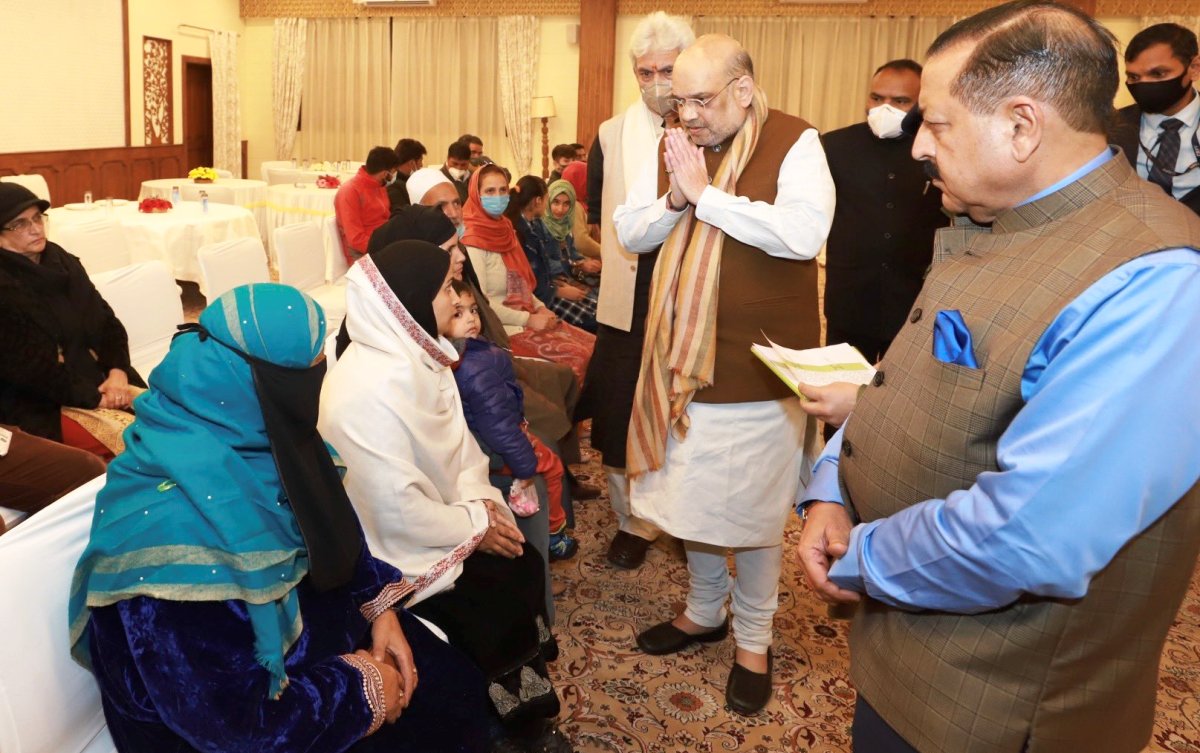
A Peaceful Kashmir
In the last more than five years when the government of India is directly ruling and managing the state, the militancy has sharply come down and the gun battles between the insurgents and the armed forces are now rare.
Statistics of the law and order situation offer a peaceful landscape. The ceasefire violations have come down as the ceasefire agreement between India and Pakistan is holding. The ceasefire violations have tumbled down from 70 two decades ago to merely two in 2023. The infiltration incidents have also nosedived, from 489 in 2010 to zero in 2023. In the hinterland, the incidents of stone-pelting have literally faded away. There were 2,654 instances of stone pelting in 2010 and in 2023, there was not an incident of this sort reported anywhere across Kashmir.
By the end of 2023, Jammu and Kashmir DGP, RR Swain told reporters that 76 militants including 55 foreigners were killed in anti-militancy operations during the year. Against 31 targeted attacks on civilians in 2022, this year saw 14 such incidents, he said, insisting the new recruitment was at 20 against 130 in 2022. In order to keep the pressure on the separatist block, the police attached 99 properties and booked 201 over-ground workers under the Public Safety Act.
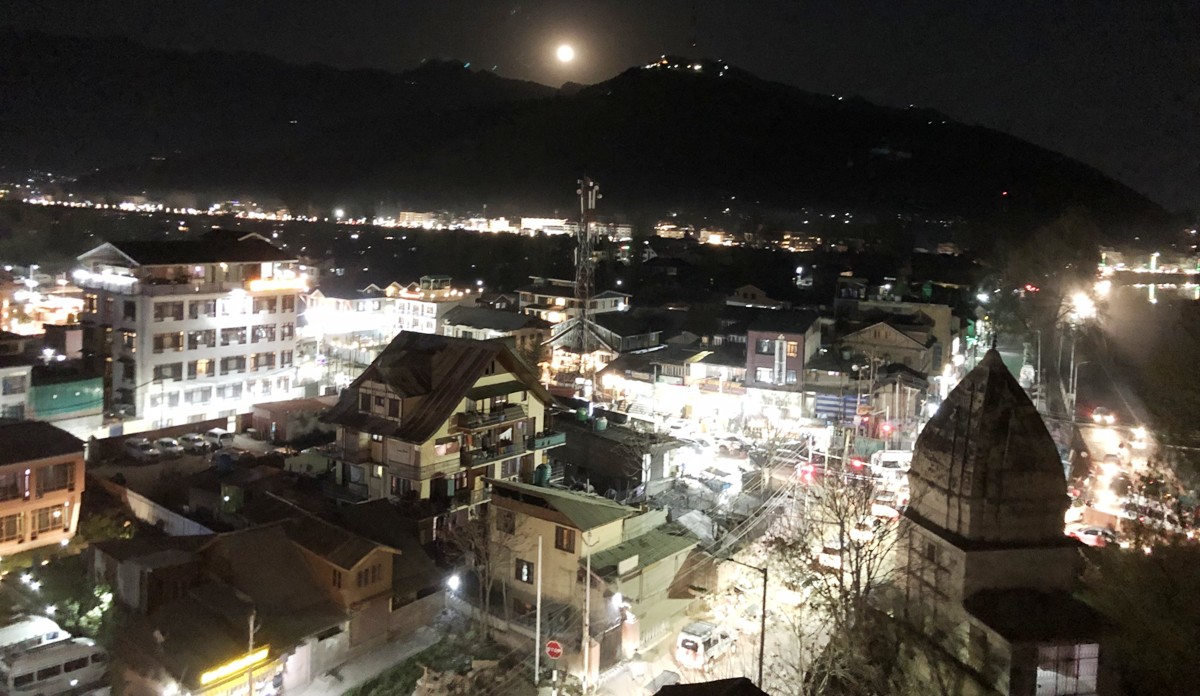
Unchanged Deployment
While the data indicated Kashmir was perfectly peaceful enabling millions of tourists to visit the valley, no change was made in the deployments. Apart from the Jammu and Kashmir police, one of the most populous organisations in Jammu and Kashmir, and the army – which is deployed almost everywhere on the borders and the hinterland, Jammu and Kashmir has nearly 80 battalions of the CRPF deployed.
Recently when the law and order issues were being discussed in the wake of elections, the Election Commission (EC) sanctioned Jammu and Kashmir the highest number of security personnel – 635 Central Armed Police Force (CAPF) companies, for holding the Lok Sabha polls.
Right now, the reports appearing in the media suggest the army is busy training select cadets from the Jammu and Kashmir Police so that they are ready to take over once the deployments of armed forces thin around. At White Knight Corps Battle School in Bhalra, Doda reports appearing in media suggest 62 deputy superintendents and more than 1000 sub-inspectors (with a good number of women) have been trained by army experts since March 18. The training is centred around operational tactics, intelligence sharing, and counter-terrorism strategies.















